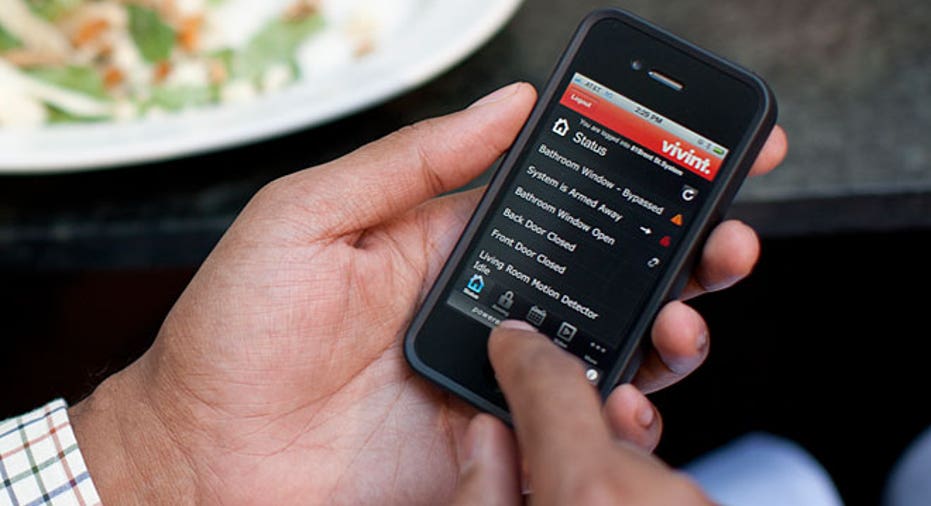Why the 'Smart Home' Market is About to Take Off

Google’s (NASDAQ:GOOG) $3.2 billion purchase of Nest Labs last week turbocharged the market for connected homes, fueling hopes that 2014 will be the year of the “Internet of Things.”
While manufacturers still have their work cut out for them trying to move this phenomenon beyond just the tech-savvy early adapters to the majority of consumers, Google's entry might be the catalyst that enables the industry to finally blossom.
The Mountain View, Calif.-based tech giant joins a number of other big industry players such as Honeywell (NYSE:HON) and Microsoft (NASDAQ:MSFT) as well as a slew of startups that are already betting this market will take off in the near future.
“I think Google’s entry is going to make people really sit up and take notice,” said Brian Proffitt, a technology expert and adjunct management professor at the University of Notre Dame.
Smart homes have been around for years in various forms, though previously just for high-end consumers. But with technology improving, competition increasing and household names acquiring a stake in its success, the market might finally have what it takes, experts say. Google’s investment in Nest “validates the potential that we think is there,” said Jeremy Warren, VP of Innovation at home automation services company Vivint.
What is a ‘Connected Home?’
While price has come down and functionality improved, the biggest obstacle remains educating the public as to what home automation is and how it will benefit their lives.
“The industry needs to take a deeper look to determine how the technology is actually going to make peoples' lives easier,” Warren said.
A connected home by today's standards is one that can be rewired so household appliances such as refrigerators, light fixtures, security systems and thermostats communicate to the homeowner via a mobile app, enabling the user to manage household operations from afar.
Proffitt defined the connected home as the “interconnectivity of various devices” working together to make things more convenient for the homeowner.
One way companies can try and push connected homes onto the mainstream is to show how a smart home can save energy costs. The device theoretically would be able to shut off unused lights, closed cracked windows and switch appliances over to power saving mode.
“You might not think of a thermostat as a potential hub for an interconnected web of devices in the home, but it's ubiquity makes it an ideal candidate,” Proffitt said.
As the technology advances and people grow more accepting of its capabilities, experts say digitally-enhanced homes might even be capable of learning user's living patterns. One of the most cited examples is having the system order milk online when the carton is almost empty.
“Over time it gets better at understanding what I want to do and when, allowing consumers to slowly begin to relinquish that control,” Warren said.
Big Brother
Yet, in an era of NSA spying and malicious hackers, the idea of having an intelligent computer oversee the daily operations of the home is terrifying to some people.
While smartphone location features already keep tabs on user patterns and voice systems like Apple’s (NASDAQ:AAPL) Siri learn behavior, the smart home takes this intrusiveness one step further by meshing the virtual and physical worlds.
“There won’t be a lot of acceptance if things are done in the wrong way,” Warren said.
The industry still needs a turnkey product – think of what the very first iPhone did for the smartphone industry – that can take these already existing home automation systems and repackage them in such a way that the consumer can't live without them.
Warren, the lead innovator at one of the largest home automation companies in North America, says the industry is ready to accept that challenge. He believes connected homes will reach smartphone penetration (about 60%) from a paltry 1% today not too far in the future.
Google, Siemens (NYSE:SI), Lowe’s (NYSE:LOW), AT&T (NYSE:T), Verizon (NYSE:VZ), even Staples (NASDAQ:SPLS), are all betting this market takes off.
“This is a space where a lot of people are seeing a real potential for sales and revenue,” Warren said. “There’s gold in the hills and people know it.”
All it needs now is the consumer demand.



















